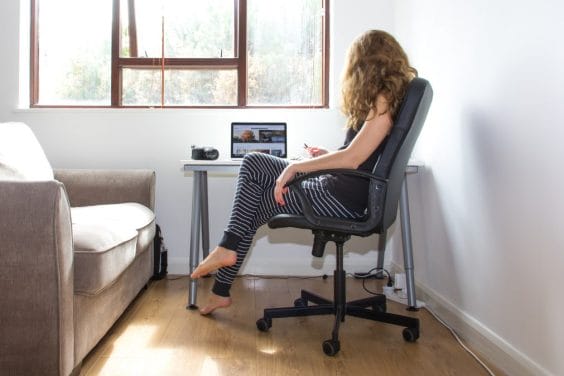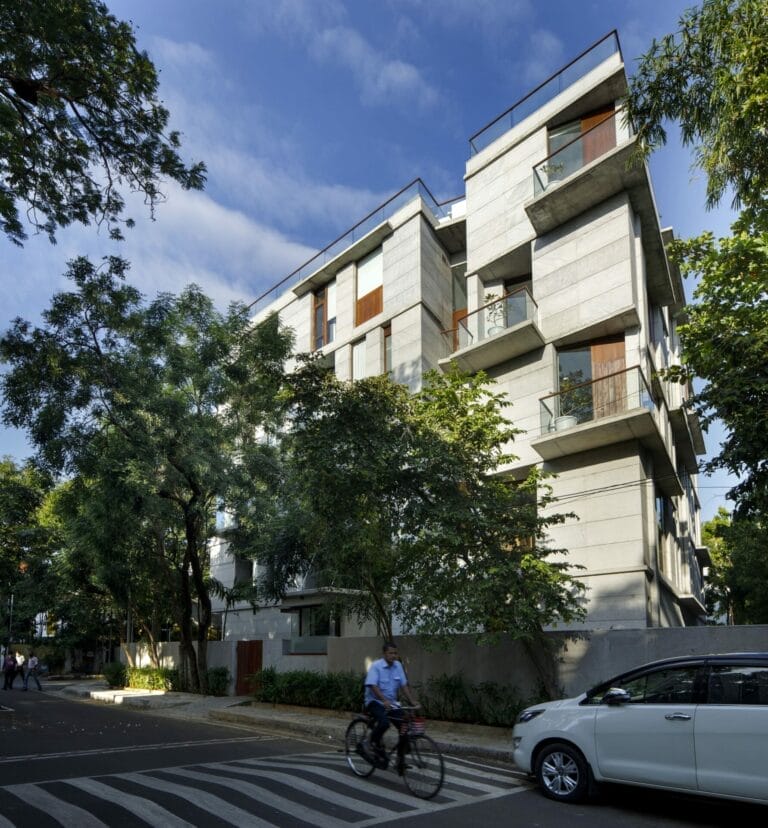It’s been over a year since majority of the working population started working from home. The 9-5 routine of going to office has been the global norm since the onset of Industrial Revolution back in the 18th century. Consequently, this mass shift to working from home environment has been a challenging transition.
If you’re attuned to getting ready and going to work, then a sudden shift in patterns can potentially affect your sleep quality as well. Let’s take a look at how this impacts your sleep, and ways to fix this for a more productive and healthier day –

- Lesser Physical Activity – Being confined to your home environment implies lesser daily movement and exercise for the body. You’re not spending enough energy on activities such as walking or social interactions. This implies your body isn’t as physically tired as it is used to. This affects your sleep drive and may cause difficulty in falling asleep. Include a daily exercise routine to keep your body active and sufficiently worked out so you easily fall asleep at night.
- Disassociation Between Work & Home – Working from home means an overlap between your home and work environment. This makes it difficult for your mind to dissociate your work location from your sleep space. If the mind doesn’t associate your room with rest, it will not be able to trigger sleep as well as needed. It’s important to keep your sleep room separate from your work space. Create a designated area in your house for work and reserve your bed only for rest and sleep.
- Less Exposure to Sunlight – Stepping out of home to commute to work meant regular exposure to sunlight. However, being confined to one physical location implies lesser exposure to natural light. Sunlight directly impacts the body’s Circadian Rhythm by giving it necessary signals to wake up and stay alert. Less exposure to sunlight makes you feel more lethargic. Keep your curtains open during the day to allow natural light to flood in.
- Continuous Contact with Artificial Light – Since you don’t commute to work, there is no physical break between the end of work day and home time. Usually, when you leave work to go home it’s already dark outside. Now that you’re continuously in the same location your body is getting consistent exposure to artificial light. You may not even realise when the Sun has set. This impacts your circadian rhythm as your body doesn’t get the signal that its dark outside and time to sleep. To combat this, dim the lights in your rooms at least 90 minutes before bedtime.
- Lack of Routine – Without any fixed time to reach office, you may experience difficulty in following a routine. No time spent in commuting to work could mean a delayed wake up time from your regular routine of previous years. This causes a disparity with the circadian rhythm thereby spoiling your sleep cycle. The key is to remain consistent with your sleep schedule. Keep a fixed sleep and wake up time regardless of whether you work from home or office.





















